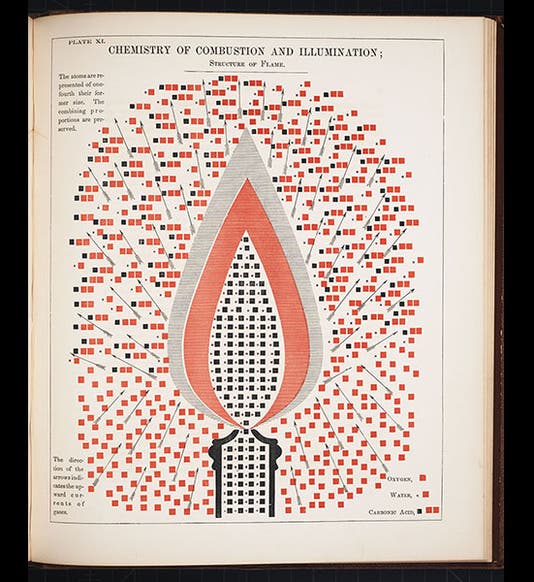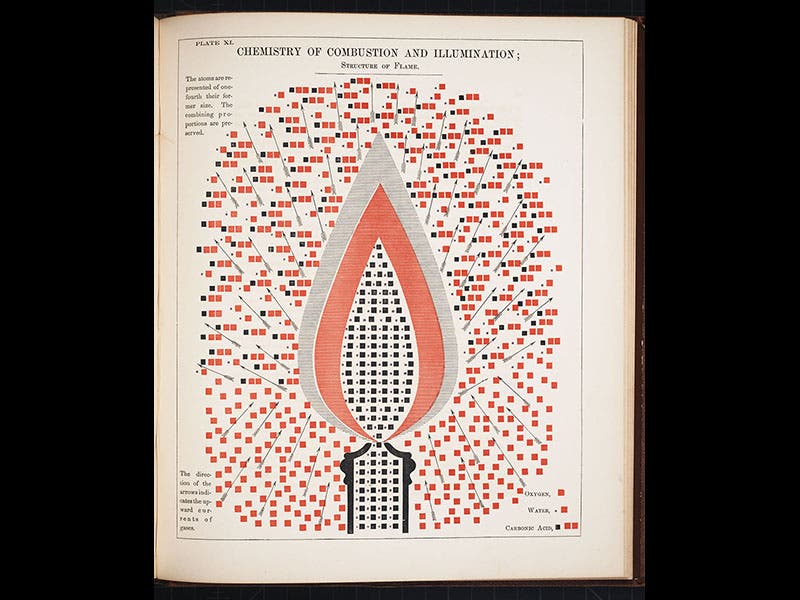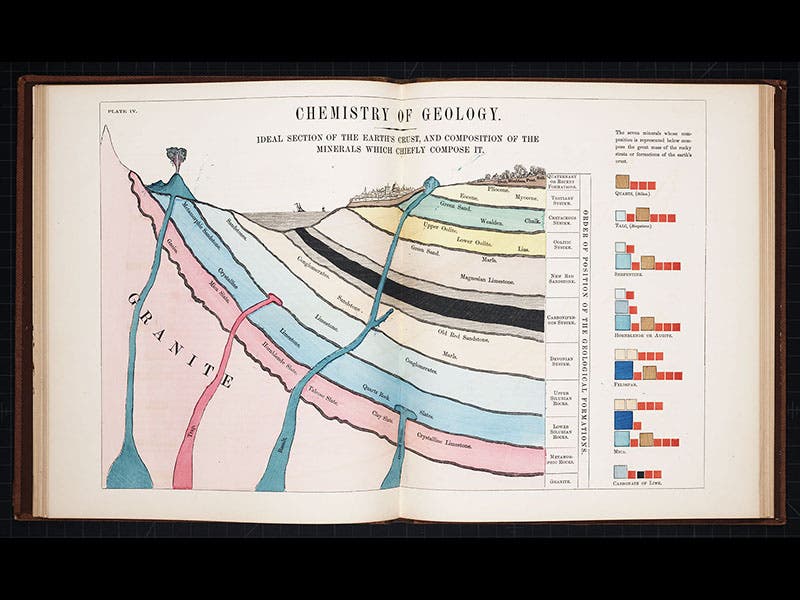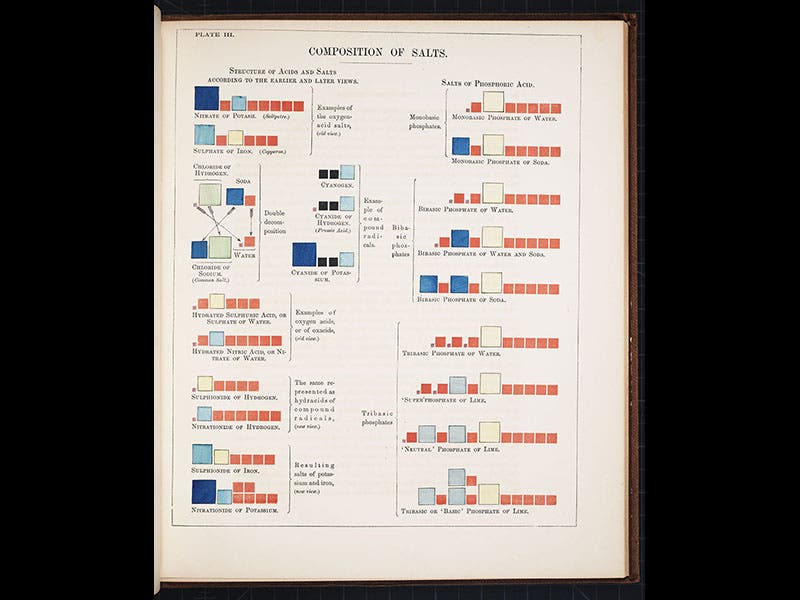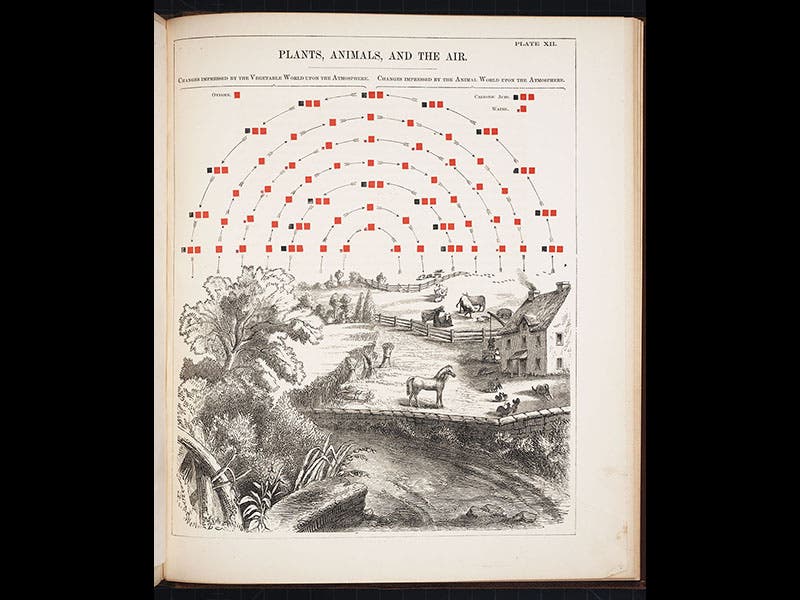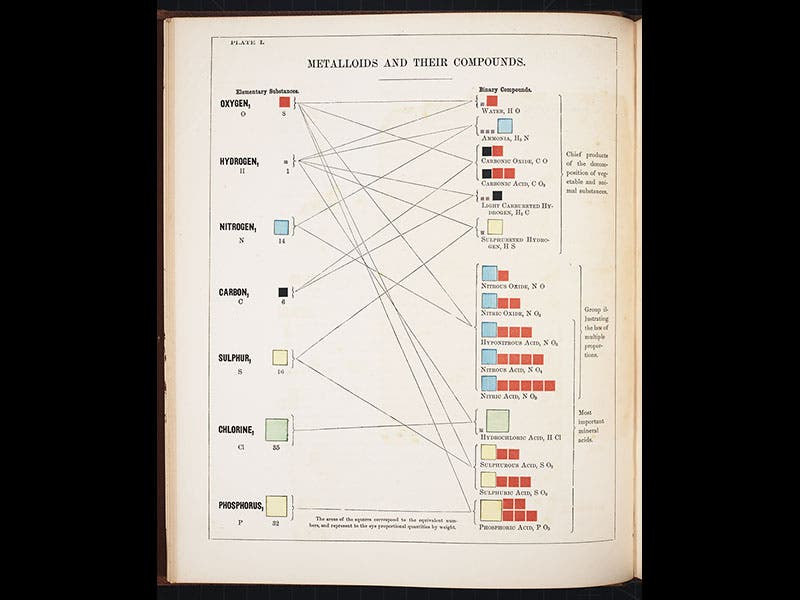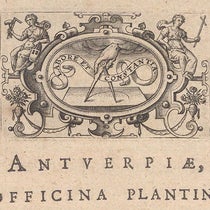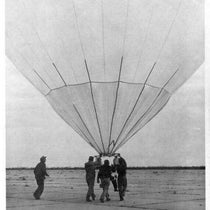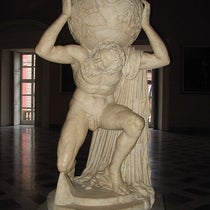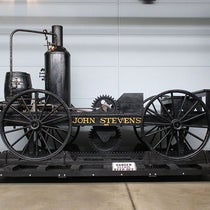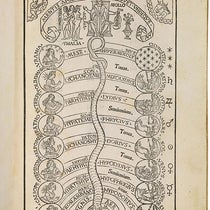Scientist of the Day - Edward Youmans
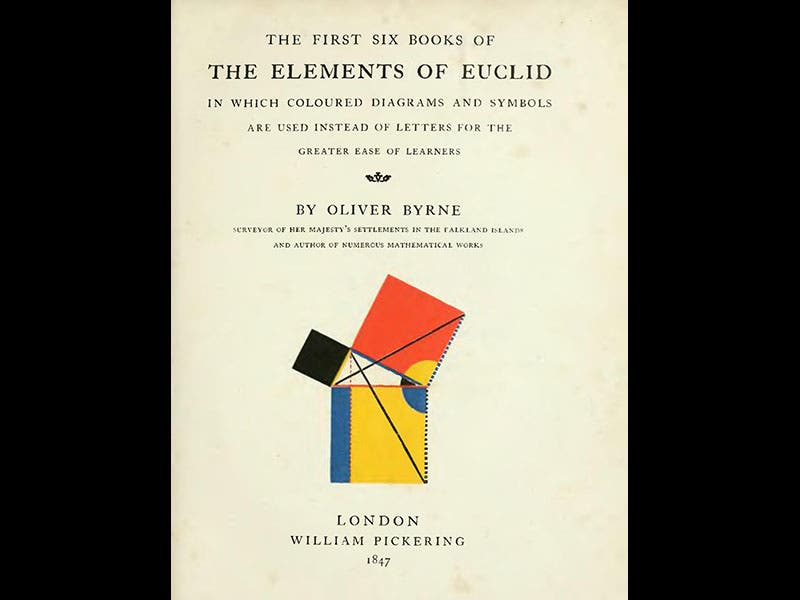
Edward Youmans, an American scientific writer, was born June 3, 1821. Youmans suffered from ophthalmia and was nearly blind for much of his life, but he was a self-taught lover of science who came to believe that the American public was being denied part of its heritage with a lack of education in the sciences. So in 1872, Youmans founded Popular Science Monthly, the first magazine intended to provide scientific information for the general public. It was astonishingly successful, contrary to the expectations of most publishing gurus of the time, with a circulation of up to 18,000 during Youmans' 15-year tenure as editor. One of the most frequent writers for the Monthly was the sociologist Herbert Spencer; indeed, it was through Youmans' magazine that Spencer became so famous in the United States. But we feature today a book that Youmans published before undertaking his editorial career; it is called Chemical Atlas; or, the Chemistry of Familiar Objects (1854; we have the 1857 edition in our Library). This book is unusual in the way it uses color to bring to life clear and simple scientific illustrations, and to convey quantitative information. There are 13 plates in the book; the ones shown above depict, in order: “The Structure of a Flame”; “The Chemistry of Geology”; “The Composition of Salts”; “Plants, Animals, and the Air”; and “Metalloids and their Compounds”. It has often been remarked that Youmans must have been inspired by the Oliver Byrne edition of Euclid’s Elements (1847), which was innovative in its use of color to convey geometrical information (last image above). We will feature this beautiful book when Byrne’s anniversary rolls around next Dec. 9. Dr. William B. Ashworth, Jr., Consultant for the History of Science, Linda Hall Library and Associate Professor, Department of History, University of Missouri-Kansas City. Comments or corrections are welcome; please direct to ashworthw@umkc.edu.

